Welcome to
The Open Network
TON is a fully decentralized layer-1 blockchain designed by Telegram to onboard billions of users. It boasts ultra-fast transactions, tiny fees, easy-to-use apps, and is environmentally friendly.
Mass adoption.
Massive distribution
TON is scalable and shardable. Its flexible architecture lets it grow and grow, with no loss of performance.
Toncoin: The future of currency
It's used for transaction fees, securing the blockchain through staking, deciding how the network develops, and settling payments.

TON timeline
Late 2018
The Durov brothers, founders of Telegram Messenger, release the first version of the Telegram Open Network whitepaper.
2020
Telegram was forced to cease active development of TON. A vibrant open-source community continues to maintain the network and build new TON functionality, bringing Telegram's design to fruition.
2022
TON becomes The Open Network. TON mainnet is fully live operational, hosting ultra-cheap, fast, and ecologically friendly transactions.
Roadmap>
TON Wallets
TON wallet allows you to make fast secure blockchain-based payments without intermediaries. A wallet that only you control - directly, without middlemen or bankers.
Learn more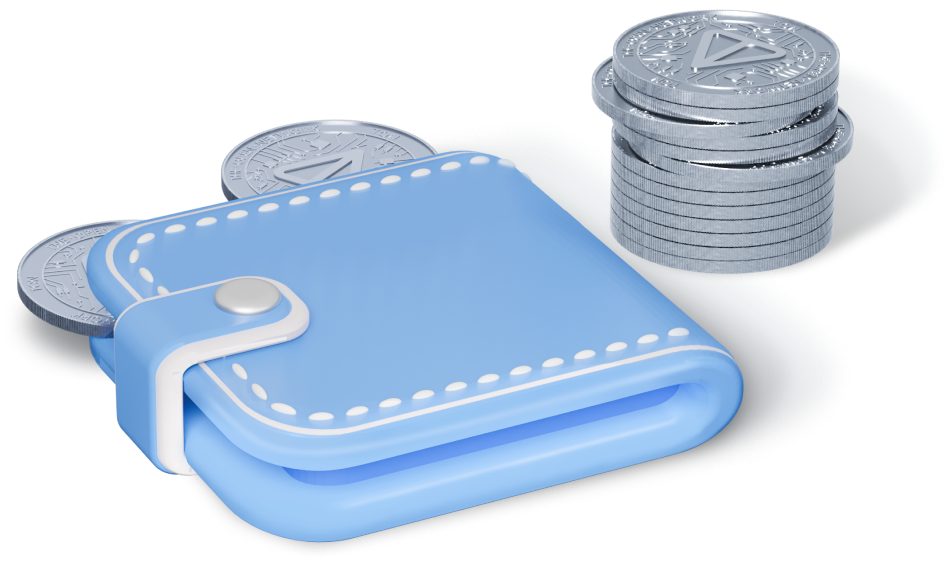
Blockchain analysis
TON, Solana, and Ethereum 2.0 are examples of Proof of Stake blockchains. But key design and implementation differences mean TON comes out ahead on performance, versatility, and design.
Learn moreTON
Ethereum 2.0
Solana
Block time
Block time is how much time it takes a network's
miners or
validators to verify the transactions of one block and produce a new block on
that
blockchain.
Time-to-finality
Time-to-finality is how much time it takes for a
reasonable guarantee that a transaction is executed and will not be reversed or
changed.
Simple transaction
performance
simple transactions require little data and don't
change
the state of blockchain accounts.providing that the total state of all accounts
fits
into a computer's RAM.
Sharding support
sharding is the proccess of splitting a database
horizontally to spread the load.It helps scale a blockchain by reducing
technical
requirements for nodes.With shardchains, validators only need to run data for
the shard
they are validating.not the entire network.
Max.260 shards per workchain
Max.26 shards
Cross-shard
communication 
interaction among shardchains.
Disclaimer: Please note that as with all technical comparisons, context is important when interpreting the table numbers. Refer to blockchain analysis for more information.
A blockchain for developers
TON has plenty of unique features that differentiate it from other layer-1 blockchains.
Actor Model
The actor model is a mathematical model of concurrent computation and is at the heart of TON smart contracts. In it, each smart contract can receive one message, change its own state or send one or several messages per unit time. As a result, the entire blockchain, as well as a given contract, can scale up to host an unlimited amount of users and transactions.
Read more>TON Community
Starting 2020, TON has grown thanks to the tireless efforts of a worldwide decentralized community of crypto enthusiasts, developers, designers, and other professionals. Our community is the key to TON's future, and we'd love for you to join us.
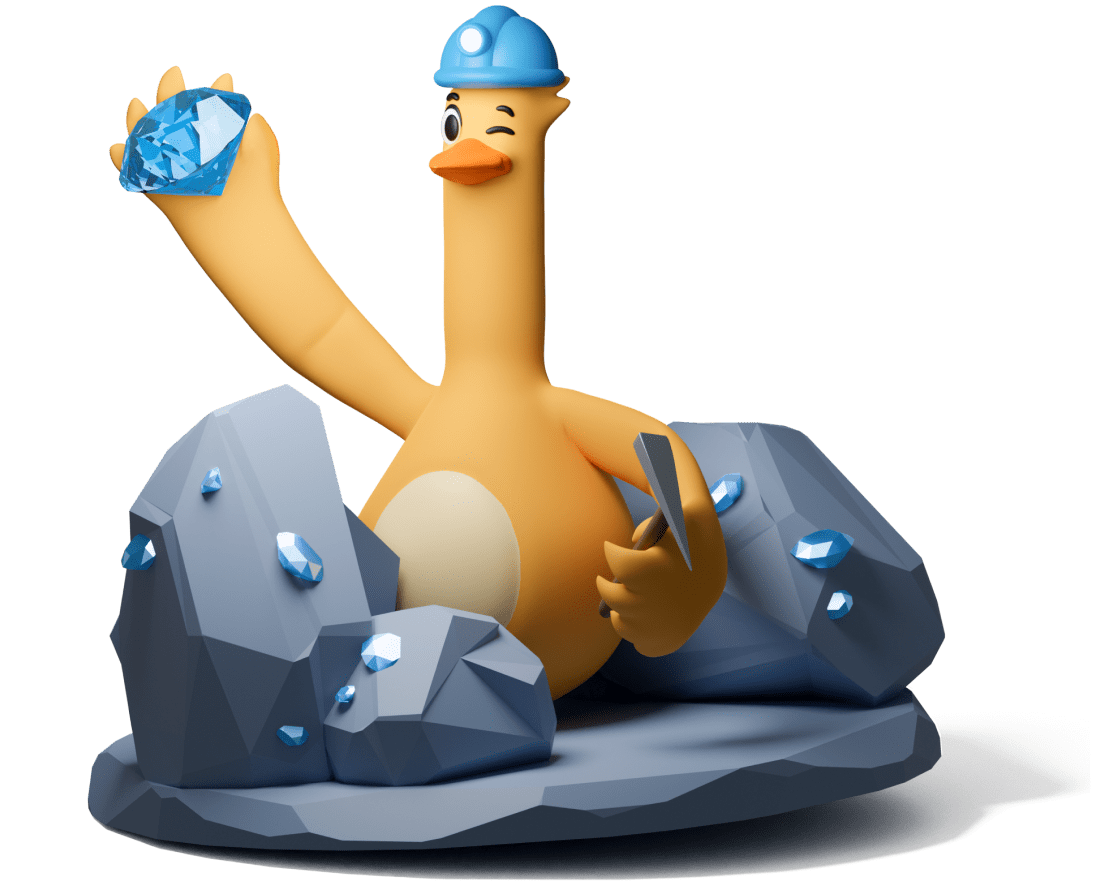
Apps & Services
Discover the world of apps built on TON. They're convenient, user-friendly, and perfect for those just joining the world of crypto.
All Apps & Services


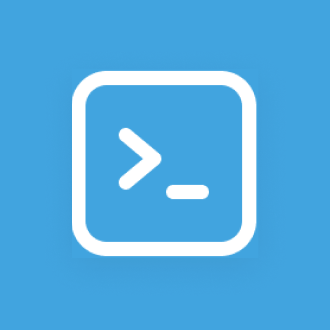


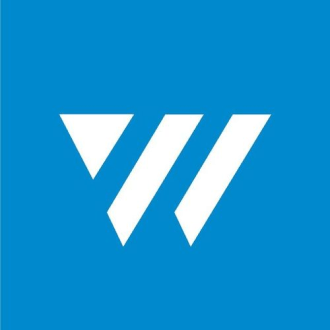
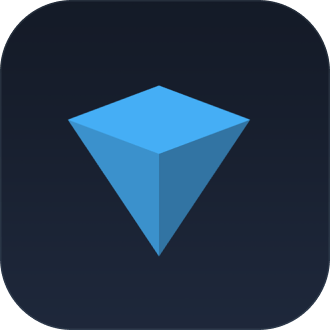
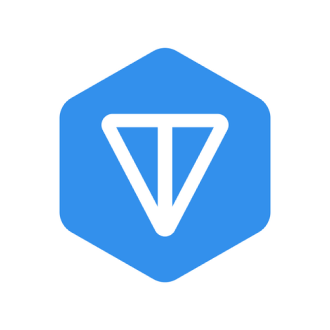
Everyone
can participate
There are plenty of opportunities for people to contribute to the network, even if they have no technical background.

Start staking
Stake Toincoin and secure the network
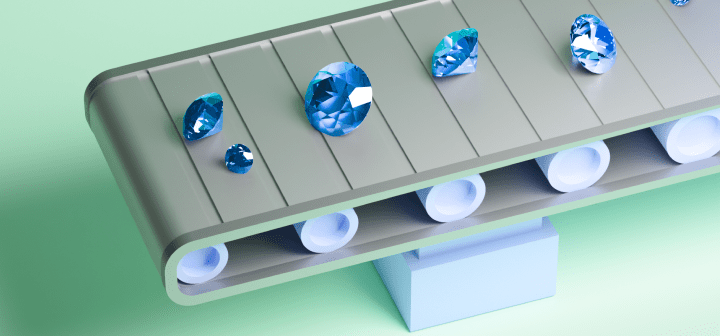
Become a Validator
Check the validity of TON blocks and earn Toncoin

Join Community
Ask questions and share ideas with other participants